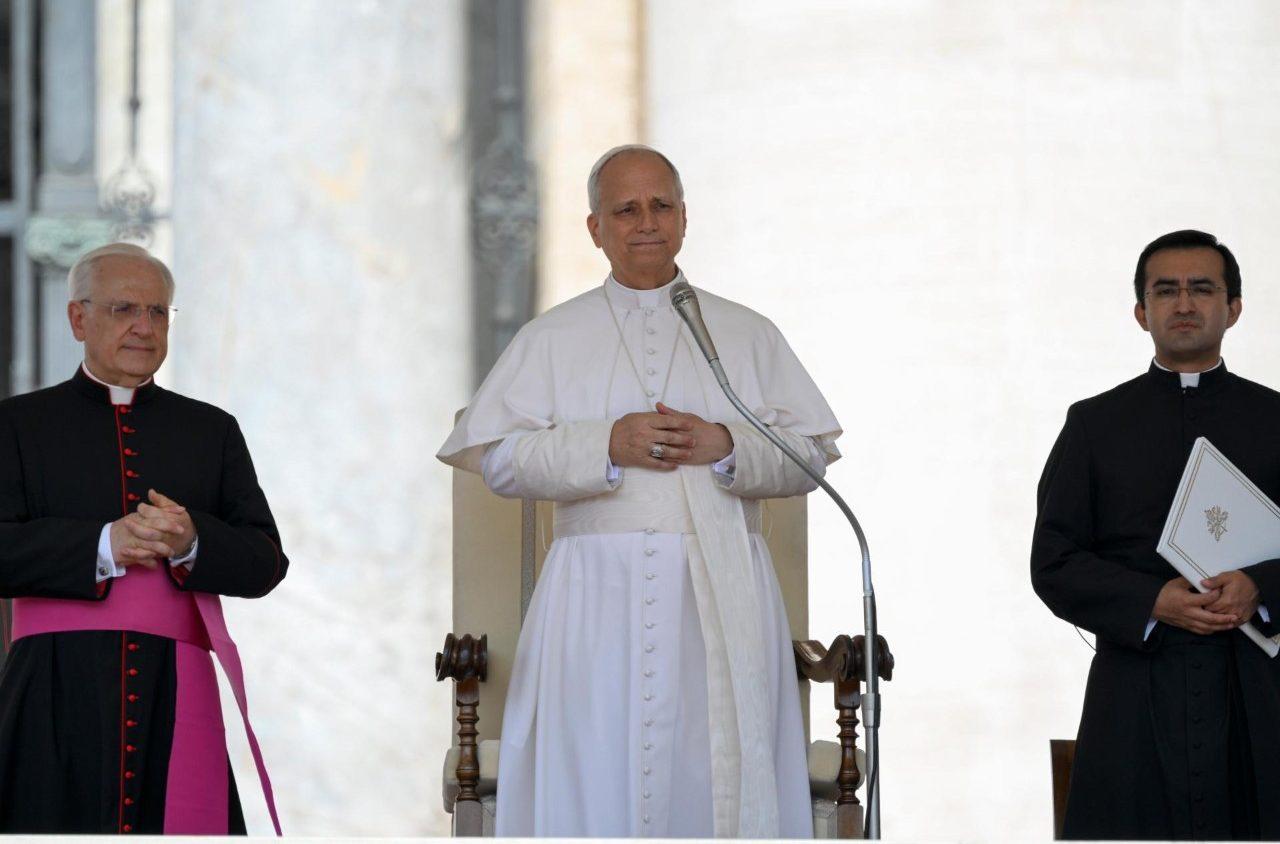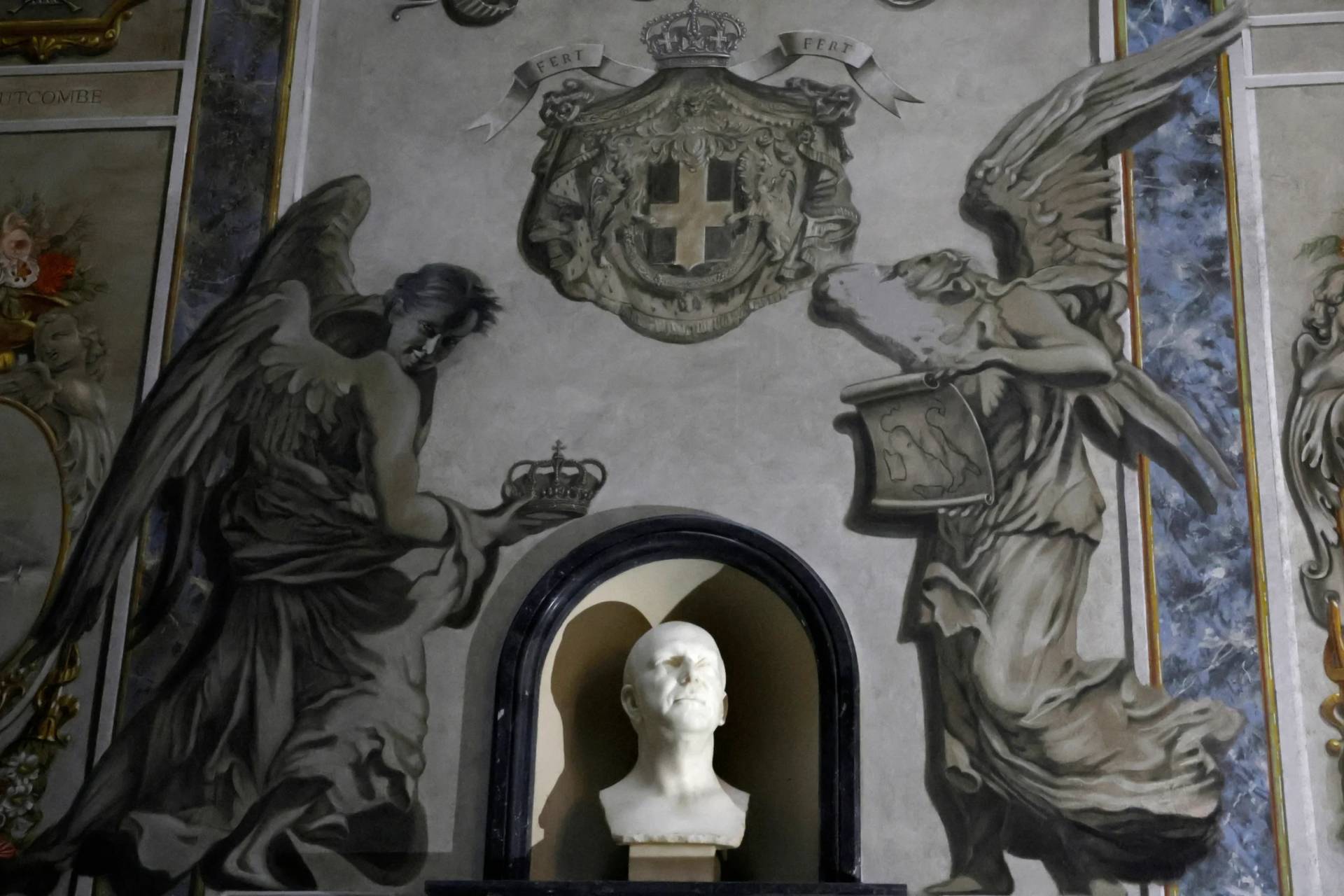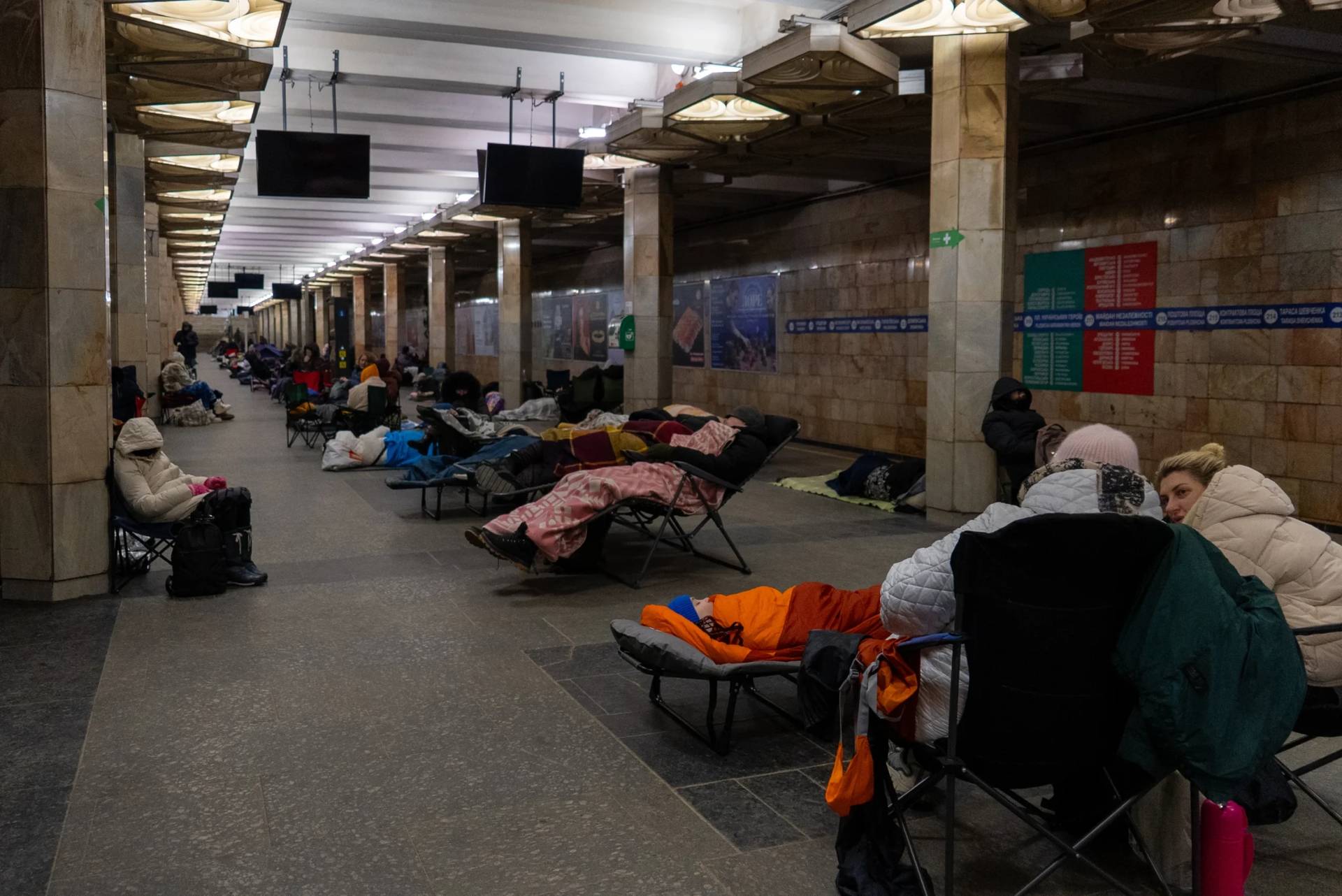In his Wednesday Audience, Pope Leo XIV urged people not to lose hope, even if they “feel ‘stuck’ and locked in a dead end.”
“Sometimes it seems to us that it is useless to continue to hope; We become resigned and no longer want to fight,” he said.
Speaking in St. Peter’s Square on June 18, the pope was reflecting on the story of the paralytic man meeting Jesus Christ found in the Gospel of John.
“Jesus goes to Jerusalem for a feast of the Jews. He does not go to the Temple immediately; instead, he stops at a door, where the sheep were probably washed and then offered in sacrifices,” the pope explained.
“Near this door, there were also many sick people who, unlike the sheep, were excluded from the Temple because they were considered impure! And then it is Jesus himself who reaches them in their pain. These people hoped for a miracle that could change their fate; In fact, next to the door there was a swimming pool, whose waters were considered thaumaturgic, that is, capable of healing – fin some moments the water was agitated and, according to the belief of the time, whoever dived first was healed,” he continued.
Leo said a sort of “war between the poor” was created in this scenario, adding, “we can imagine the sad scene of these sick people who dragged themselves laboriously to enter the pool.”
“Jesus is specifically addressing a man who has been paralyzed for thirty-eight years. He is now resigned, because he is never able to immerse himself in the pool when the water is agitated. In fact, what paralyzes us, many times, is precisely disappointment. We feel discouraged and risk falling into sloth,” the pope said.
He notes that Jesus asks this paralytic, “Do you want to be healed?”
Leo said this was a necessary question because, “when you have been blocked for so many years, the will to heal can also fail. Sometimes we prefer to remain sick, forcing others to take care of us.”
“It is sometimes also an excuse not to decide what to do with our lives. Jesus, on the other hand, refers this man to his truest and deepest desire,” the pope explains.
The pontiff says the man responds in a way that reveals his vision of life.
“First of all, he says that he has no one to immerse him in the pool: The fault is therefore not his, but that of the others who do not take care of him. This attitude becomes the pretext to avoid assuming one’s responsibilities. But is it really true that he had no one to help him?” Leo says.
He then brings up a statement from St. Augustine: “Yes, to be healed he absolutely needed a man, but a man who was also God. […] Therefore the man who was necessary has come; Why postpone healing any longer?”
The pope says the paralytic adds that when he tries to dive into the pool there is always someone who arrives before him.
“This man is expressing a fatalistic view of life. We think that things happen to us because we are not lucky, because fate is against us. This man is discouraged. He feels defeated in the struggle of life,” the pontiff says.
“Jesus, on the other hand, helps him to discover that his life is also in his hands. He invites him to get up, to rise from his chronic situation, and to take up his stretcher. That bed should not be left or thrown away: it represents his past of illness; it is his story. Until that moment the past has blocked him; forced him to lie down like a dead man. Now he is the one who can take that stretcher and take it wherever he wants: He can decide what to do with his story! It is about walking, taking responsibility for choosing which path to take. And this is thanks to Jesus!” Leo says.
“Dear brothers and sisters, let us ask the Lord for the gift of understanding where our lives have stopped. Let’s try to give voice to our desire to heal. And let us pray for all those who feel paralyzed, who see no way out. Let us ask to return to dwell in the Heart of Christ which is the true house of mercy,” he adds.
At the end of the Audience, he said “the heart of the Church is torn by the cries that rise from the places of war,” and particularly pointed out Ukraine, Iran, Israel, Gaza.
“We must not get used to war! On the contrary, the fascination with powerful and sophisticated armaments must be rejected as a temptation. In fact, since in today’s war ‘scientific weapons of all kinds are used, its atrocity threatens to lead the combatants to a barbarism far superior to that of former times’ [quoting Vatican II.]Therefore, in the name of human dignity and international law, I repeat to those responsible what Pope Francis used to say: war is always a defeat! And with Pius XII: ‘Nothing is lost with peace. Everything can be with war’,” Leo said.
During the audience, the pope also gave a special greeting goes to the members of the “HOPE80” international delegation at the start of the “Flame of Hope” pilgrimage as they seek to promote reconciliation and peace in the year marking the 80thanniversary of the end of the Second World War.
“May the light of Divine love and fraternity always burn brightly in the hearts of the men and women of our one human family,” Leo said.
Follow Charles Collins on X: @CharlesinRome














